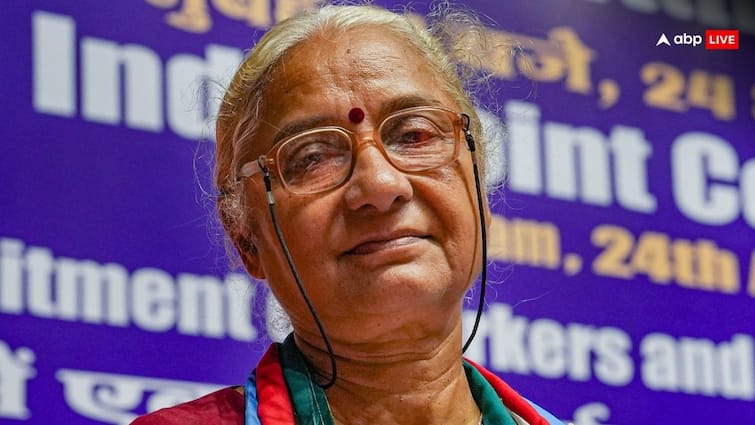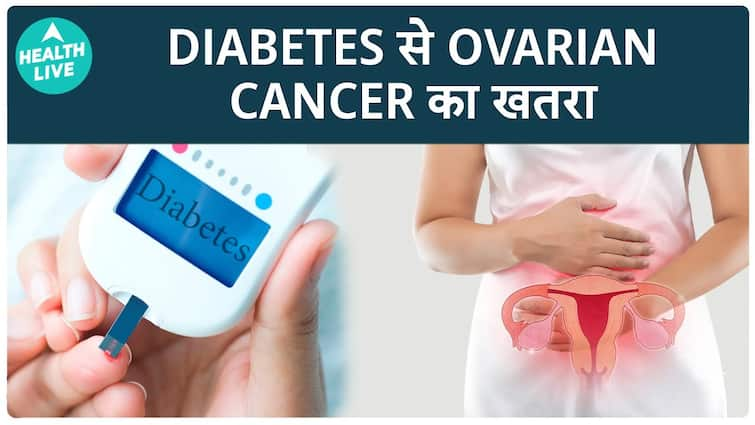Stress, fast food, a bad lifestyle, and genes are associated with a higher risk of stomach cancer.
bad lifestyle:-
In India, the prevalence of stomach cancer has gradually increased within the last ten years. India has comparatively high incidence of stomach cancer when compared to many Western countries. A portion of this increasing trend can be ascribed to better diagnostic tools that produce more accurate reporting. Doctors at Amrita Hospital in Faridabad, however, noted that unusual dietary habits—most notably, a predilection for spicy and preserved foods—contribute to this heightened prevalence.

The prognosis for stomach cancer varies greatly based on the stage of diagnosis. Adenocarcinoma, lymphoma, and gastrointestinal stromal tumours (GISTs) are among the forms of stomach cancer. Regrettably, stomach cancer is frequently detected at a later stage, which raises the death rate.
In India, there are several risk factors that lead to stomach cancer. A high intake of pickled or salted foods, smoked foods, a diet deficient in fruits and vegetables, Helicobacter pylori infection, smoking, obesity, and specific occupational exposures are some of these. In certain places, rates are reducing as a result of improved cleanliness and declining H. pylori infection rates. A major contributing factor to stomach cancer in India is dietary habits, including the use of a lot of spices in cuisine. The risk is also increased by lifestyle choices including smoking and binge drinking, according to Dr. Puneet Dhar, HoD, Gastrointestinal Surgery, Amrita Hospital, Faridabad.
Most cases of stomach cancer occur in those over the age of 50, with a diagnosis often occuring around the age of 60. Men are somewhat more likely than women to have it, with lifestyle factors such greater rates of smoking and alcohol intake making men more susceptible. Geographically, areas with dietary habits that include more spicy, salty, or preserved foods are known to have higher incidence rates. Genetic and hormonal variations may potentially be important, although further studies are required to provide solid proof.
bad lifestyle:-
Constant pain or discomfort in the abdomen, loss of appetite, difficulty swallowing, nausea, vomiting, and blood in the stool are all signs of stomach cancer. The necessity of routine tests for high-risk persons is highlighted by the possibility that early-stage stomach cancer may not show any symptoms, according to Dr. Saleem Naik, Senior Consultant, Gastrointestinal Surgery, Amrita Hospital, Faridabad.
Crucial preventive measures include prioritising a balanced diet rich in fresh fruits and vegetables, minimising processed and preserved foods, quitting smoking, moderating alcohol intake, and scheduling regular medical check-ups, especially for those with a family history or concerning symptoms, according to Dr. Abhishek Agrawal, Consultant, Gastrointestinal Surgery, Amrita Hospital, Faridabad.
Accepting regular checkups for high-risk people promotes early problem diagnosis and improves general health and wellbeing. Individuals who choose proactive lifestyle choices are empowered.
The incidence of stomach cancer in India is also impacted by inequalities in healthcare and restricted access to screening. In many parts of India, access to medical advancements is still often hampered by disparities in healthcare infrastructure and resource availability. However, it is important to note that advances in endoscopic procedures and imaging technologies, as well as improved early detection methods for stomach cancer, are the result of medical research.




